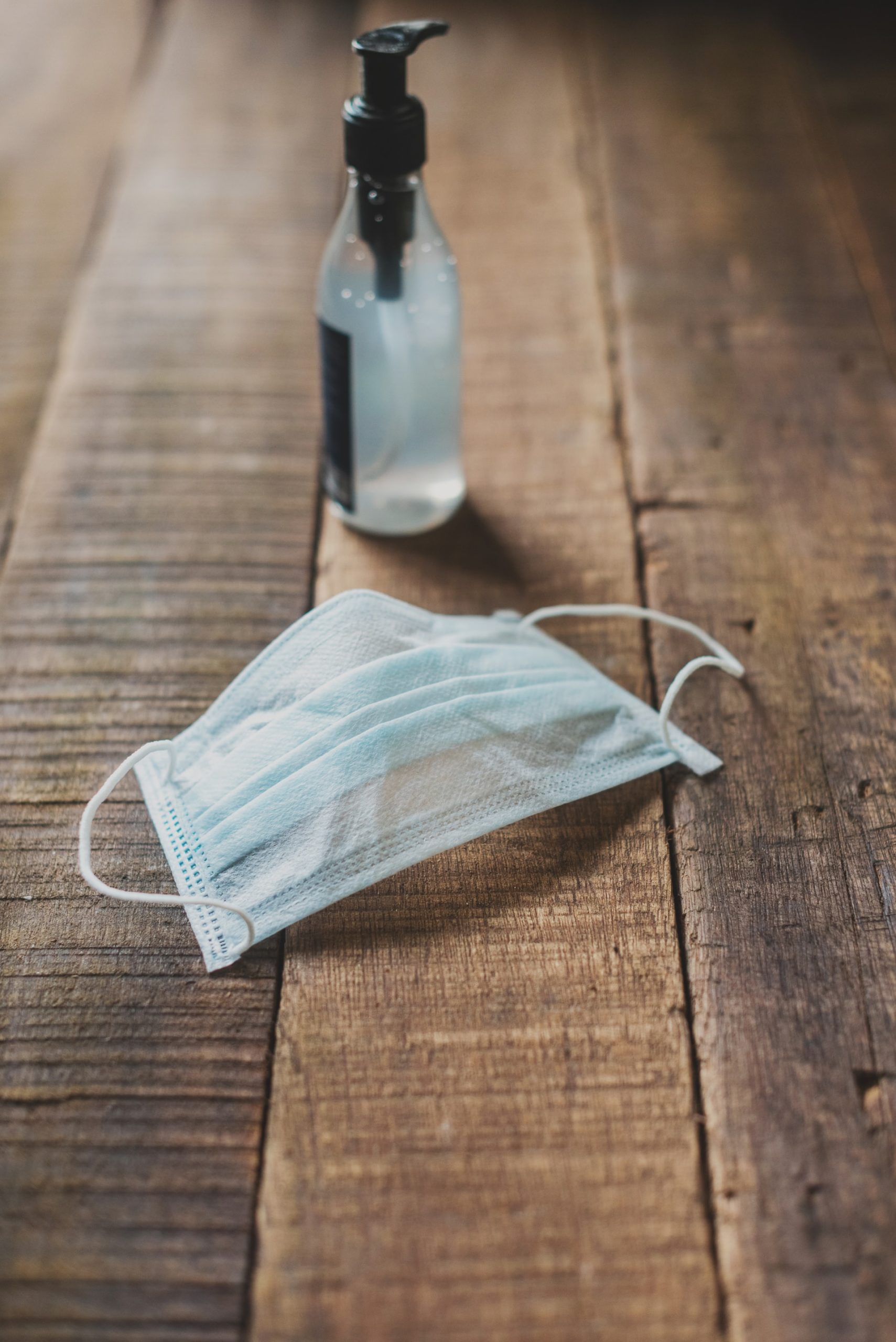Health
What To Do If You Get Infected With The Coronavirus

In one way or another, the coronavirus pandemic has affected everyone on the planet. However, amid the concerns for lost jobs and bankrupt businesses, we shouldn’t miss the main concern: our health. Here is what you should do if you think you have been infected with COVID-2019.
1. Who Is At Risk?
Coronavirus can potentially infect any human being regardless of the location, age, and health condition of the patient. However, there are situations where you can rightfully assume you have been infected:
- If you have recently arrived in Nigeria from overseas.
- If you have been in close contact with someone who returned to Nigeria from abroad.
- If you often visit public locations like markets and supermarkets.
- If you have been in close proximity to someone who displayed flu-like symptoms.
- If you are taking care of a person who was confirmed to have COVID-2019.
Not everyone with a risk of contracting coronavirus will be infected with the disease, but it’s also true the other way round – you may be infected with COVID-2019 even if you don’t belong to the risk groups. The most important condition for determining if you have the disease is comparing your symptoms to the typical coronavirus symptoms:
- Fever around 38°C
- Dry cough
- Trouble breathing in and out
- Fatigue
- Sore throat
- Runny nose
- Pain in different areas of your body, especially chest area
- Diarrhoea
- Vomiting
It’s worth noting that not all of those symptoms are equally common for all coronavirus cases. In fact, there is a certain percentage of COVID-2019 cases who don’t experience any symptoms at all. However, the first four symptoms on our list are the most common ones in coronavirus patients, so if you are experiencing some or all of them, it’s definitely a reason to take appropriate measures.
3. What To Do If You Suspect You Have COVID-2019
To date, there have been fewer than 50 diagnosed cases of coronavirus in Nigeria, which is considerably lower than in other countries with a comparable population. However, we shouldn’t assume that Nigerians are lucky – the low number of confirmed cases is likely due to the shortage of testing capabilities.
Nigerian medical professionals prefer to run coronavirus tests only on people showing distinctive symptoms of COVID-2019 and people who have recently returned from abroad or have family members who recently arrived from overseas. If you fall under those categories, the first thing you should do is contact your doctor and follow their instructions.
You may be hospitalized for testing and evaluation of your medical condition. If your COVID-2019 test returns positive, you may need to stay in the hospital for the duration of the disease. The important thing to know is that there is no specific cure for coronavirus. You will receive treatment for your symptoms: for example, for fever, cough, and diarrhoea.
If you develop trouble breathing from acute pneumonia linked to coronavirus, you may require the use of a ventilator. Unfortunately, there is also a shortage of ventilators in Nigeria, so when the pandemic grows bigger and more people will require ventilators for breathing, there will undoubtedly be issues with access to those devices.
When you are infected with coronavirus, you may be dangerous to the people you live with or meet. That is why you need to self-isolate: ideally in a separate home, or at least in a separate room. When you are contacting other people, both of you should wear a medical mask or a respirator – if you can’t buy a medical mask, you can watch YouTube tutorials on how to make your own. Older people are at an especially high risk of coronavirus complications, so think about protecting them first.
This post appeared first on Jiji

















